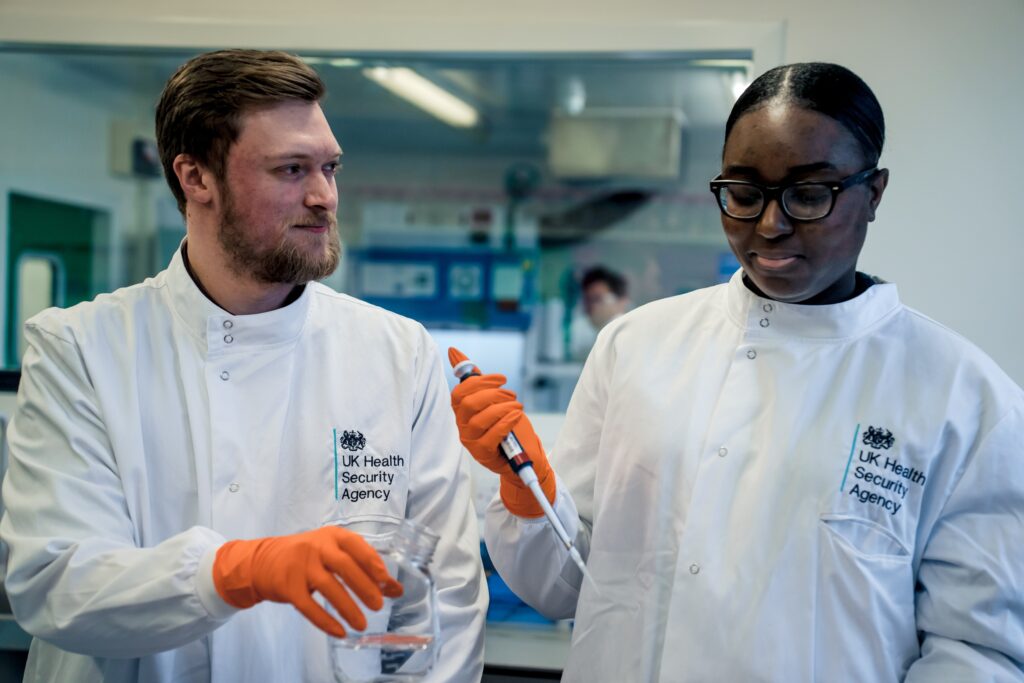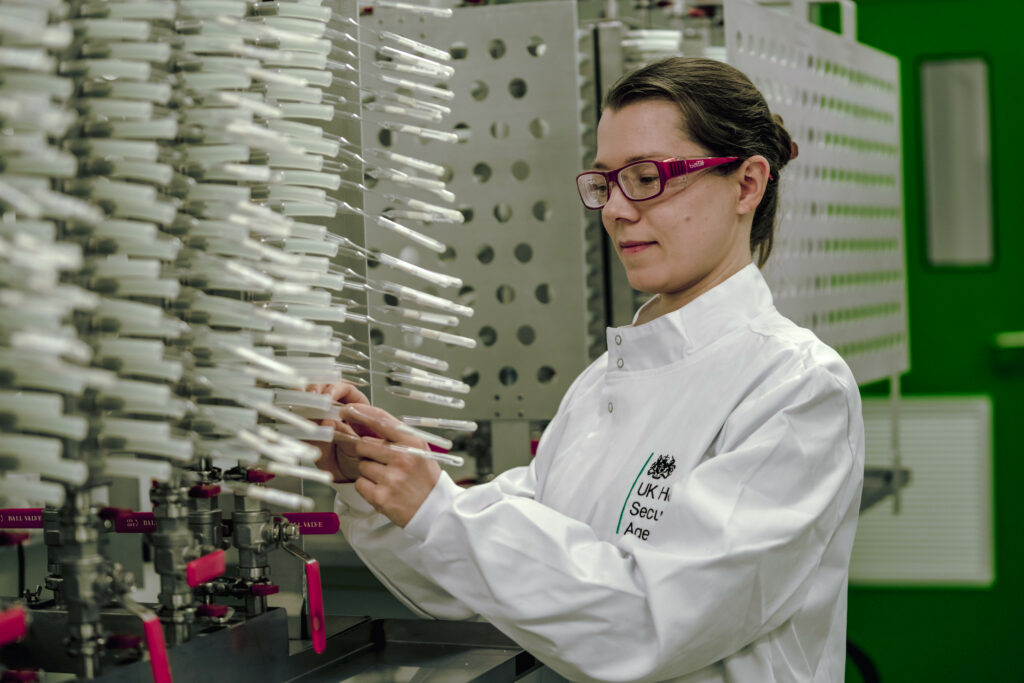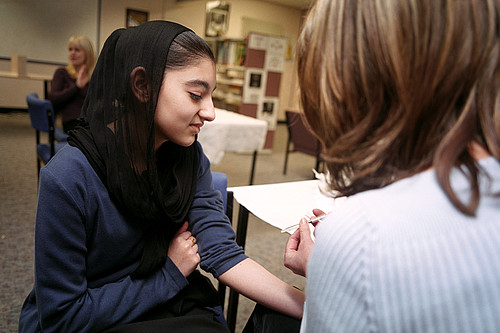UKHSA Science Strategy: A vision for how science can secure health and prosperity

At UKHSA science powers everything we do so I’m delighted to announce the publication of a new science strategy setting out how we will harness the power of our science to secure health and prosperity over the next decade. The strategy highlights how UKHSA’s science can save more lives, secure major public health victories and contribute to the UK as a global science superpower.








